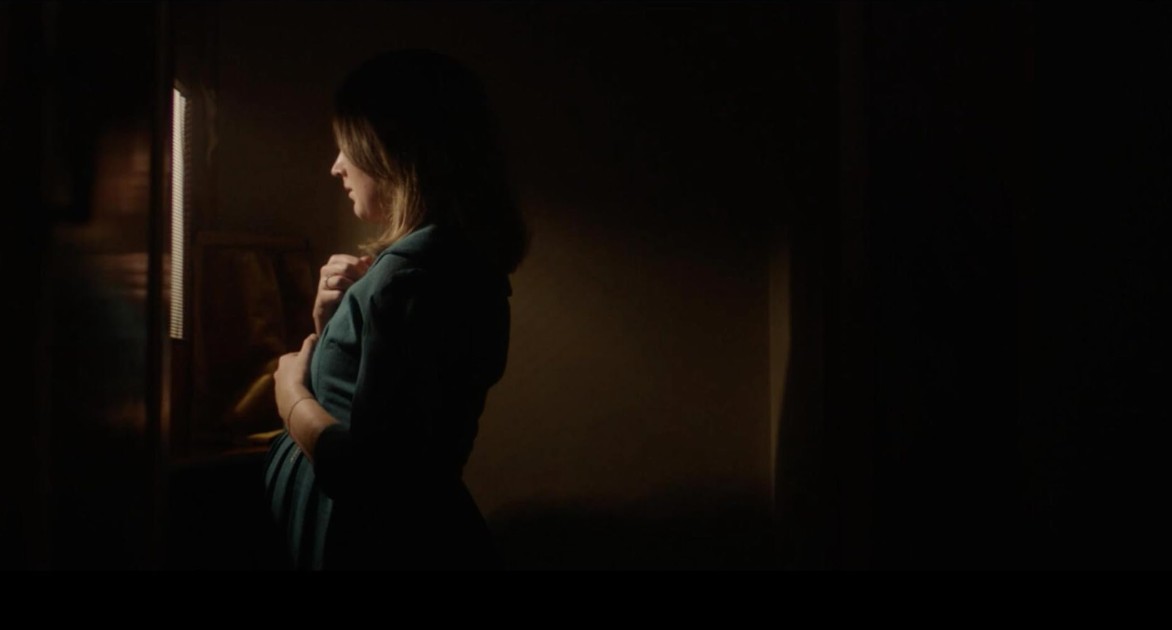Writers: Aoife Kelleher and Rachel Lysaght
Director: Aoife Kelleher
The Irish Film Festival London has done a huge amount to foreground women’s stories not only in its features but through the important documentary strand, and in recent years has focused on the Debenhams workers who spent the pandemic picketing the Dublin store when the failing brand tried to cheat them out of an acceptable redundancy package, and on former President Mary Robinson who did much to advance representation in political roles. This year Aoife Kelleher and Rachel Lysaght cover the fight to recognise the human rights of incarcerated women in the Magdalene Laundries and Mother and Baby homes whose extraordinary story has been the focus of a group of activists and lawyers who took their case all the way to the United Nations to force the Irish State to acknowledge its role in their suppression.
Shame is such a significant tool for controlling, judging and blaming women’s behaviours and the story that Testimony reveals is the often-shocking extent of State application of shame and its use in controlling women’s bodies. The film divides into two chronological halves, documenting the sequential campaigns to first encourage the Irish government to investigate historic practices and then apologise for them by setting up appropriate compensation and similar schemes for survivors and their dependents.
The Magdalene Laundries are first, and Testimony follows the work of the Justice for Magdalenes (JFM) team as they pursue a series of case studies focused on women who experienced the system first hand at institutions all over Ireland. As they compile the evidence – some of which is enforced here through interviews with the same women – the tales of orphanages and young women being sent to places they describe as ‘prisons’ are horrifying and they describe working for no pay, endured deprived conditions, were brutalised and abused and locked in their rooms. But the personal insight that Kelleher and Lysaght bring is vital for the audience to understand how these women’s lives were irredeemably marked by their experiences and the impact is heartrending – for the first of many times in this film you will weep for their suffering and later with frustration as Testimony lays out the fudge the Irish Government made of its own inquiry and almost offensive attempt at recompense.
In the second half of the documentary the Justice for Magdalenes team move on to the mother and baby homes, and if you thought there were no more tears to cry, then these equally devastating stories of women forced (by shame again) to have their babies in institutions that put them to work also as laundresses as soon as they gave birth, kept their infants in separate rooms only allowing them access in the evening and then, once they proved the child wasn’t physically disabled or displaying any form of learning difficulties aged around two-years-old, they sent them to adoptive families in America without their mother’s consent. The deep-rooted pain of this, the lifetime of wondering and, in many cases, the absolute silence they felt compelled to maintain about it (shame!) will devastate you all over again.
Across this, Testimony is strong on the process and legal arguments, mixing the personal stories with the processes of the UN and Irish Governments and while there is a lot of ground won, there is much still to do. Although it lays out no clear call to action for the audience by the end, and doesn’t say quite enough about the religious orders in charge of these public institutions, Testimony is a stirring piece of activism that insists the only people who should feel shame is those that created and prolonged the suffering of so many women.
Testimony is screening at the Irish Film Festival London 2025.
The Reviews Hub Star Rating:
